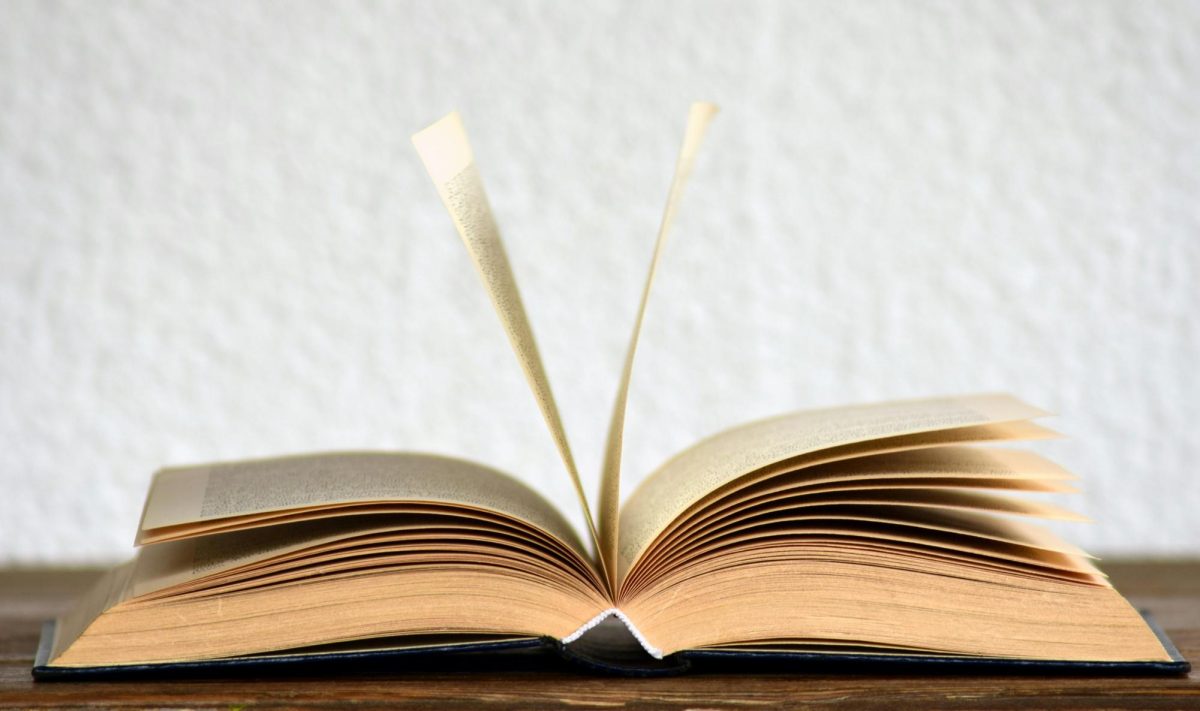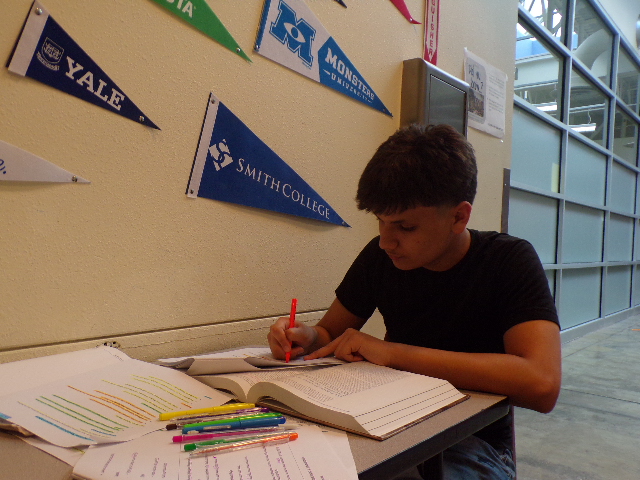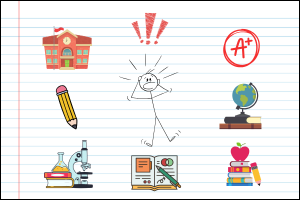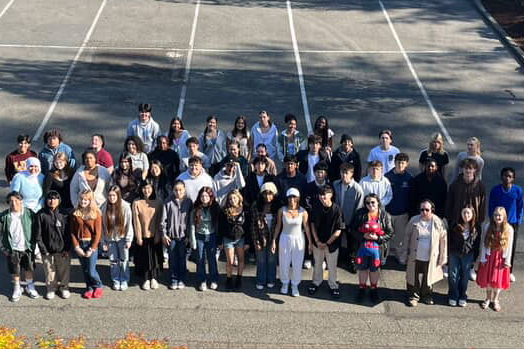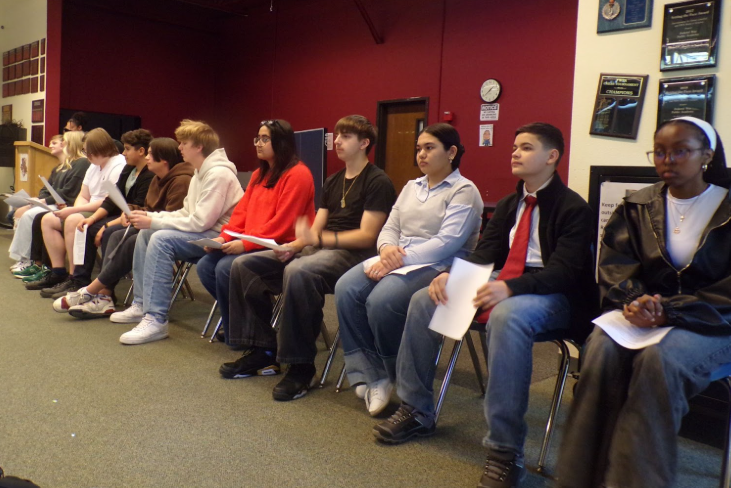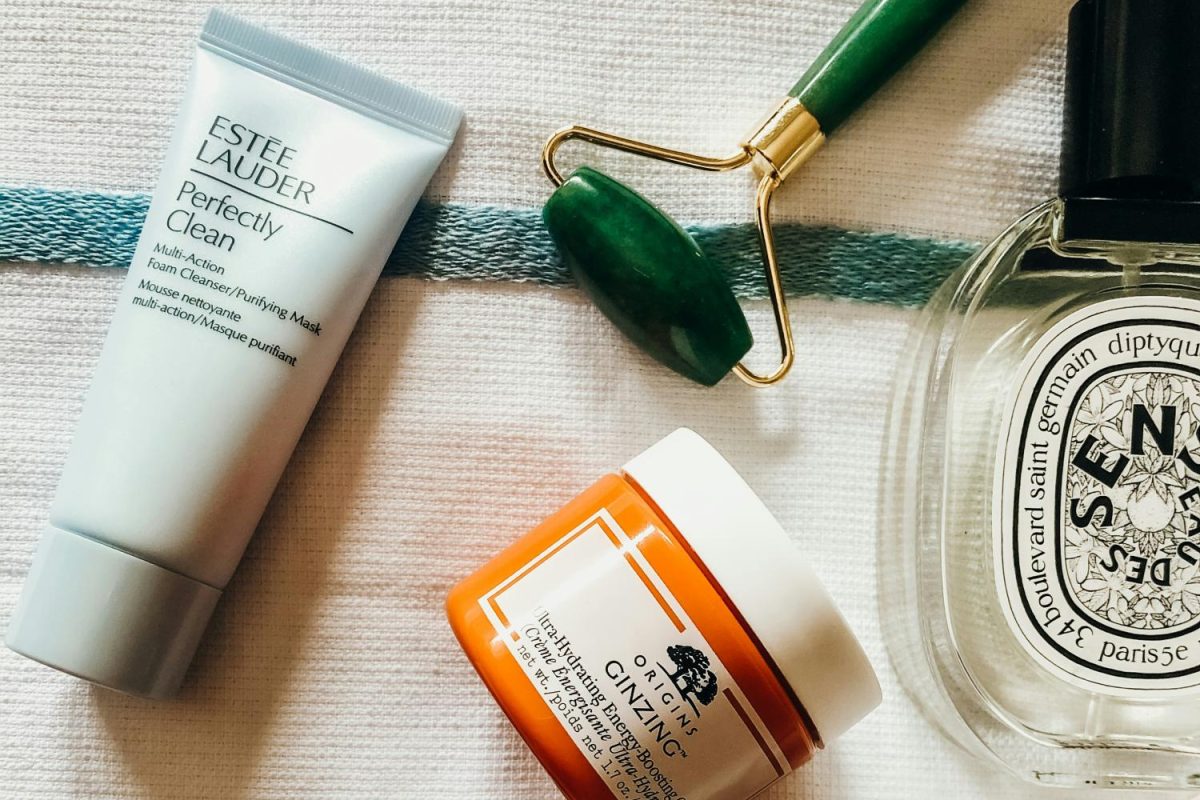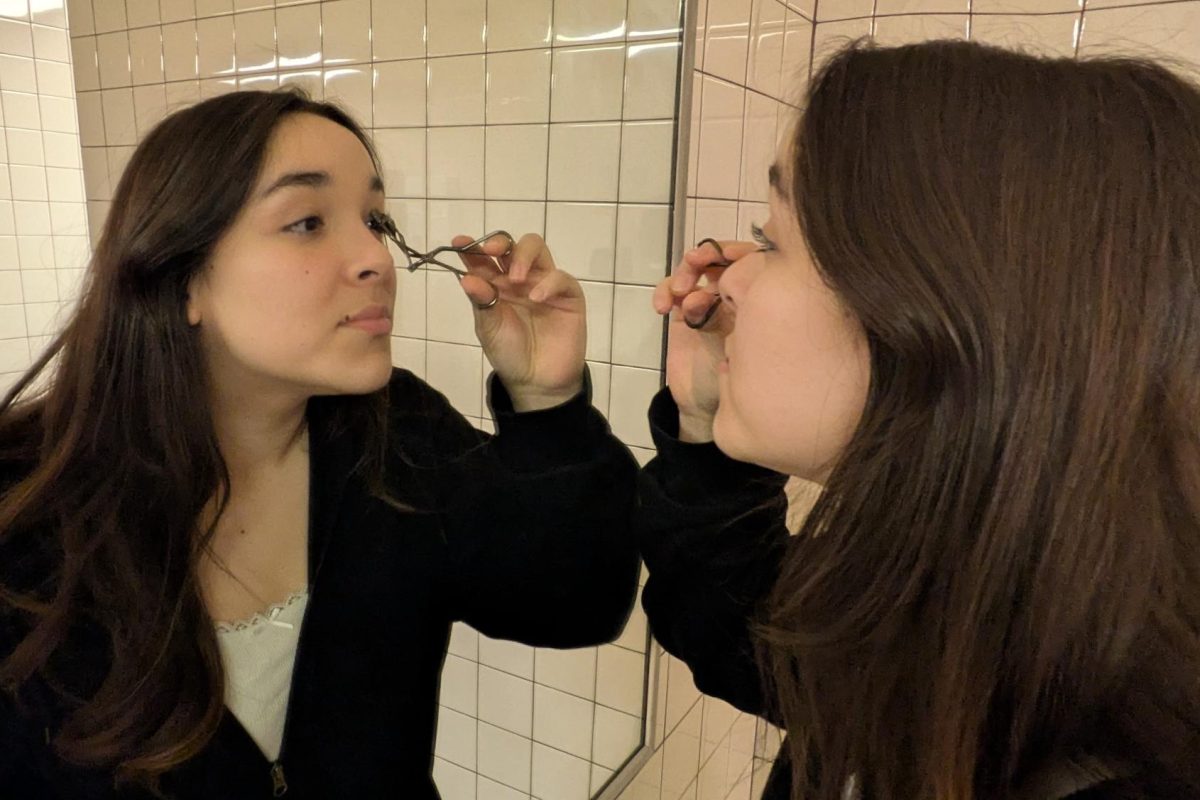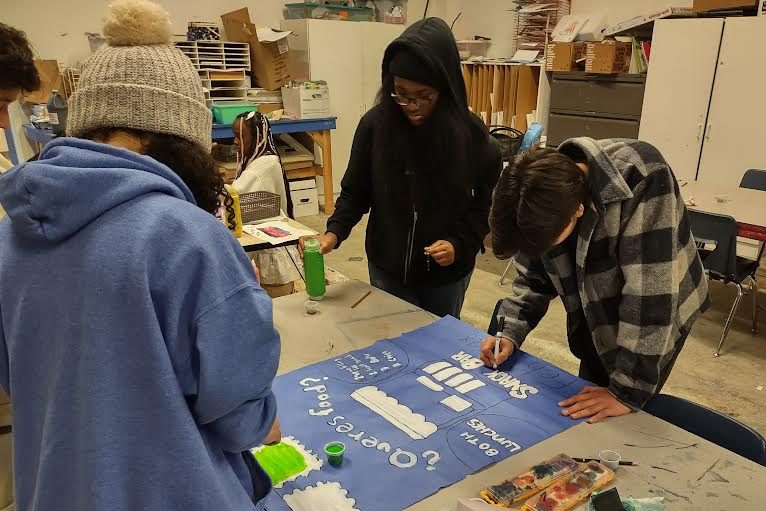What does your morning routine look like? For many, they wake up, brush their teeth, do their skincare routine, get dressed, then go to make their breakfast and possibly a morning coffee. Though coffee seems more like an adult thing, many teens of the modern generation consume caffeine on a daily basis. A study by Mayo Clinic showed that, in the US alone, roughly 82% of teens consume caffeinated beverages on a daily basis, but why?
While many can’t stand caffeine in any form, most teens enjoy a latte or energy drink. Lots of teens consume caffeine for a variety of reasons whether it be to help them wake up early for school, or pull an all-nighter when they’ve procrastinated to the last minute on studying. For most students at FWPA this rings the same. When asked why she drinks caffeine regularly, Esther Senyuk a 10th grader at FWPA stated, “Drinking caffeine helps me get up in the morning and I enjoy the taste.”
While many people enjoy drinking caffeine there are also numerous side effects especially when it comes to teen development. One of the main side effects of too much caffeine consumption is caffeine crashes. When someone drinks caffeine, it increases brain activity, focus, and cognition while countering exhaustion.
Caffeine crashes come after these effects wear off. During a crash, it’s common to experience low energy, tiredness and a loss in concentration. Caffeine crashes are something that plenty of people with an addiction to caffeine experience and can lead to why people tend to drink so much coffee in a day.
These side effects are something that many teens are warned about and why multiple students at FWPA have started to watch their caffeine intake. When asked if she watched her caffeine intake, Innessa Nesterov a 10th grader at FWPA stated, “Yes, especially when it comes to energy drinks, one time I drank 3 in one day and felt awful…it also helped me avoid sugar crashes.”
Inessa and many of her friends drink caffeine on a regular basis mainly to help wake up in the morning for school. She used to drink a lot more energy drinks than she does now but because of the bad effect of too much caffeine consumption, she and most of her friends try to limit their caffeine intake.
Too much caffeine intake can lead to an addiction and high dependency on it to be able to function throughout the day. Coffee in general is one of the most widely consumed stimulants around the world. Jennifer Bui, a 7th grader at FWPA is someone who drinks caffeine on a regular basis mainly in the form of matcha. When asked why she drinks caffeine, she remarked, “I drink caffeine mostly for energy in the morning before I go to school.”
In general, she doesn’t watch her daily intake of caffeine because she hasn’t noticed considerable side effects since she’s started drinking caffeine. What she has noticed though is that she’s forming a slight dependency on caffeine. “Honestly, yes, I do quite believe I have an addiction…” For most people this is the case too. When drinking caffeine is so built into a daily routine, it’s hard to go without it and for many, a simple daily routine of making an iced latte or in Jen’s case, her morning matcha tends to be the highlight of the day. “The caffeine is genuinely what makes my day a day,” Jen stated.
With this knowledge, maybe some of your morning routines will change and maybe some will stay the exact same. But that’s not the important thing. The important thing is knowing how coffee can affect a teen’s body and why teens at FWPA may want to watch their caffeine intake. So, cutting out the regular caffeine or maybe drinking one less Red Bull can be a simple solution to help avoid serious consequences.

